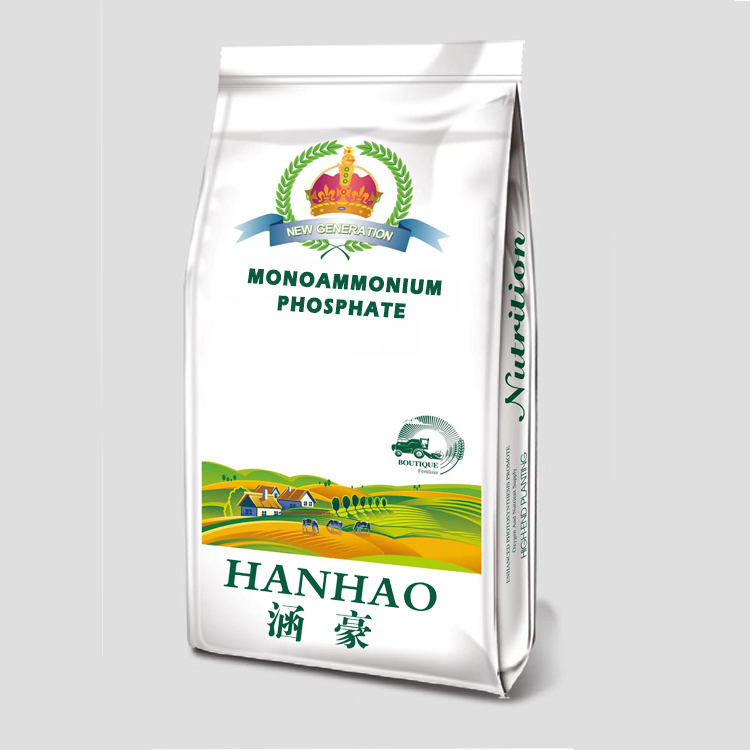
Dec . 03, 2024 18:32 Back to list
potassium based fertilizer
The Importance of Potassium-Based Fertilizers in Modern Agriculture
Potassium-based fertilizers are essential components in modern agriculture, playing a crucial role in enhancing crop yield, improving plant health, and ensuring sustainable farming practices. As one of the three primary nutrients—alongside nitrogen and phosphorus—potassium is vital for various physiological and biochemical processes in plants. This article will explore the significance, benefits, and application of potassium-based fertilizers in agriculture.
Why Potassium is Essential for Plants
Potassium is not just a nutrient; it is a critical element that influences numerous functions within plants. It helps regulate water uptake and maintains turgor pressure, which is vital for plant rigidity and overall health. Additionally, potassium is instrumental in activating various enzymes that are necessary for photosynthesis and carbohydrate synthesis. It also aids in the synthesis of proteins and plays a role in the regulation of stomatal opening, which ensures proper gas exchange and efficient water use.
Deficiency in potassium can lead to several detrimental effects on plants, including reduced growth, poor fruit quality, and increased susceptibility to diseases. Symptoms of potassium deficiency typically include yellowing of leaves, leaf curling, and necrotic spots. Therefore, ensuring adequate potassium levels in the soil is pivotal for optimal crop production.
Types of Potassium-Based Fertilizers
There are several types of potassium fertilizers available, each with different compositions and application methods. The most common forms include
1. Potassium Chloride (KCl) Often referred to as muriate of potash, this is the most widely used potassium fertilizer. It is cost-effective and provides a high percentage of potassium.
2. Potassium Sulfate (K2SO4) This fertilizer contains both potassium and sulfur, making it suitable for crops that require both nutrients. It's especially beneficial for chloride-sensitive crops.
3. Nitrate of Potash (KNO3) This compound provides both potassium and nitrogen, making it an excellent choice for crops with high nitrogen demands.
4. Organic Potassium Sources Options such as wood ash, green manure, and plant residues can also be utilized, providing a more sustainable approach to potassium fertilization.
potassium based fertilizer

Benefits of Potassium-Based Fertilizers
Utilizing potassium-based fertilizers offers numerous benefits to farmers and the environment alike. Some of these benefits include
- Improved Crop Yield Adequate potassium levels promote robust plant growth and enhance fruit and vegetable quality, leading to increased agricultural productivity.
- Enhanced Stress Tolerance Potassium plays a pivotal role in helping plants cope with environmental stresses such as drought, frost, and salinity. By improving water regulation, potassium-based fertilizers enable plants to better withstand adverse conditions.
- Disease Resistance Studies have shown that plants with sufficient potassium levels tend to be more resistant to diseases and pests, reducing the need for chemical pesticides.
- Soil Health Applying potassium-based fertilizers helps to maintain soil fertility and improves the overall health of soil ecosystems. Healthy soil leads to better nutrient uptake and greater sustainability.
Application and Best Practices
To maximize the benefits of potassium-based fertilizers, farmers must consider the specific potassium needs of their crops and the existing soil nutrient profile. Soil testing is crucial to determine potassium levels, while factors such as crop type, growth stage, and environmental conditions should all be taken into account when planning fertilizer application.
Incorporating precision farming techniques can further enhance the efficiency of potassium fertilizer use, ensuring that the right amount reaches the plant roots without excessive runoff or leaching into water bodies.
Conclusion
In summary, potassium-based fertilizers are vital tools in modern agriculture, promoting healthy plant growth and contributing to sustainable farming practices. By understanding the importance of potassium, choosing the right type of fertilizer, and applying it effectively, farmers can achieve optimal crop yields while maintaining environmental integrity. As global food demands rise, the role of potassium in agriculture will only become more critical.
-
Premium Amino Acid Fertilizer | Rapid Plant Growth Booster
NewsJul.31,2025
-
10 10 10 Fertilizer Organic—Balanced NPK for All Plants
NewsJul.30,2025
-
Premium 10 10 10 Fertilizer Organic for Balanced Plant Growth
NewsJul.29,2025
-
Premium 10 10 10 Fertilizer Organic for Balanced Plant Growth
NewsJul.29,2025
-
Premium 10 10 10 Fertilizer Organic for Balanced Plant Growth
NewsJul.29,2025
-
50 Pound Bags of 13-13-13 Fertilizer for All Plants – Bulk & Organic Options
NewsJul.28,2025
